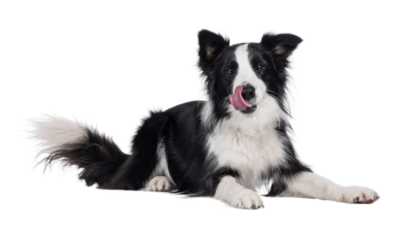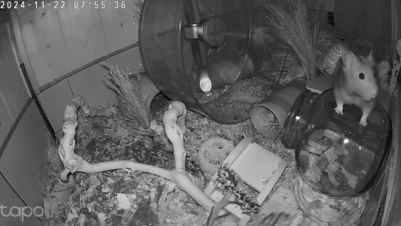Fears about the potential impact of a “no-deal Brexit” cast a cloud over the debate at BEVA Congress 2019 on the international role of equine practitioners.
With less than six weeks before the proposed date for the UK leaving the EU, speakers warned of the likely consequences of a failure to reach agreement on a new trading relationship with the rest of Europe on horse owners and the health and welfare of their animals.
If the UK becomes a third country operating under World Trade Organization rules in its dealings with former EU partners, this would have a significant impact on horses. They are transported internationally more than any other domestic species, warned Roly Owers, chief executive of World Horse Welfare.
Currently, there are around 18,000 movements annually between the UK and Continental Europe and thousands more across the border with the Republic of Ireland. But the current tripartite agreement between the UK, the Irish Republic and France, which facilitates international travel, cannot continue if the UK assumes third country status.
UK Chief Veterinary Officer Christine Middlemiss said that there had been some progress on the arrangements for horses registered with the international racing and polo authorities but it seemed unlikely that there would be similar rules with breed societies or through stud books.
A further issue would be the limited number of border inspection posts for any domestic species entering the EU from third countries. There may be no direct route for horses to enter the Netherlands from Britain, for example, and this would mean horses being inspected at French ports before moving on to the eventual destination, adding to the length and complexity of the journey significantly.
Roly was concerned about the quality of lairage facilities in the event of horses being held for long periods due to problems with the owner’s documentation, especially during the high summer months. He warned that it was essential to revise the current transport regulations to set a 12-hour limit on the length of journeys that horses undertake and for this period to include any time spent in lairage.
Christine explained the detailed planning that the government is undertaking as part of its Operation Yellowhammer examination of worst-case scenarios for trade. This is including attempts to identify “choke points” in the movements of any domestic species. This will attempt to find alternative routes and avoid the concerns expressed by Horse Trust chief executive Jeanette Allen that problems in verifying documents “will turn the roads of Kent into a lorry park”.
Renate Weller, then BEVA president, cautioned colleagues against becoming too UK-centric when assessing the problems resulting from Brexit. She felt that her fellow Europeans were becoming tired of the British government’s “shenanigans” and that the Dutch authorities were unlikely to set up separate border inspection facilities purely to serve UK interests. “Who is going to pay for this?” she asked.
Another issue arose with the import of medicines, as an estimated 94 percent of products originate from, or contain ingredients produced in, EU member states. Jeanette was worried that this would increase treatment costs for UK animals and have adverse effects on equine welfare. Both Renate and Roly agreed that the continued uncertainty over the arrangements for the UK’s trade in veterinary medicines with Europe was a serious concern.
Therefore, RCVS past-president Stephen Ware urged BEVA officers to lobby hard to maintain the supply of vital equine medicines just as it has done successfully in past years to prevent analgesic drugs being taken off the market due to the horse’s role as a food animal in other EU states. However, he argued it was more likely that a no-deal Brexit would result in temporary perturbations in trade rather than a genuine shortage of particular products. BVA president Simon Doherty agreed that this was more likely and that veterinary practitioners will have an important role in encouraging their clients to take prompt action in securing supplies of any medicines needed by their animals “rather than waiting until they are down to the last pill.”
There was some evidence of silver linings when examining the gloomy skies that have appeared in the run up to Brexit. Christine Middlemiss noted that there is now a greater appreciation in the UK government of “what vets do and the value that they add in their work in trade and public health.”
Renate had also detected a greater resolve among the international veterinary organisations to come together in trying to solved shared problems. The extra workload that practitioners will face after Brexit is also likely to inspire creative solutions to the resulting time pressures, including closer engagement with allied professions, such as veterinary nurses, she said.











